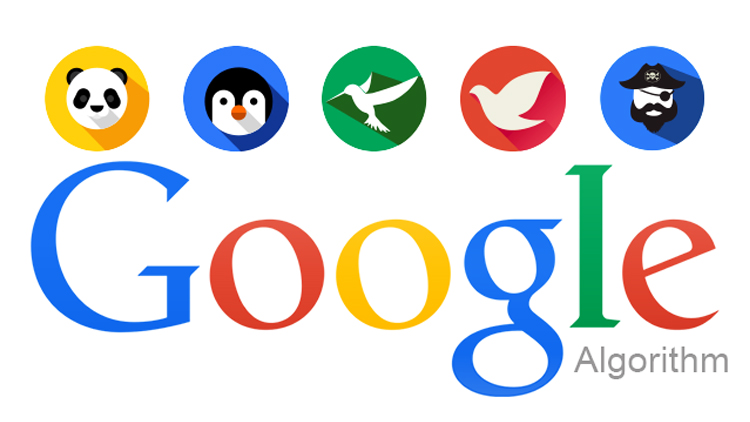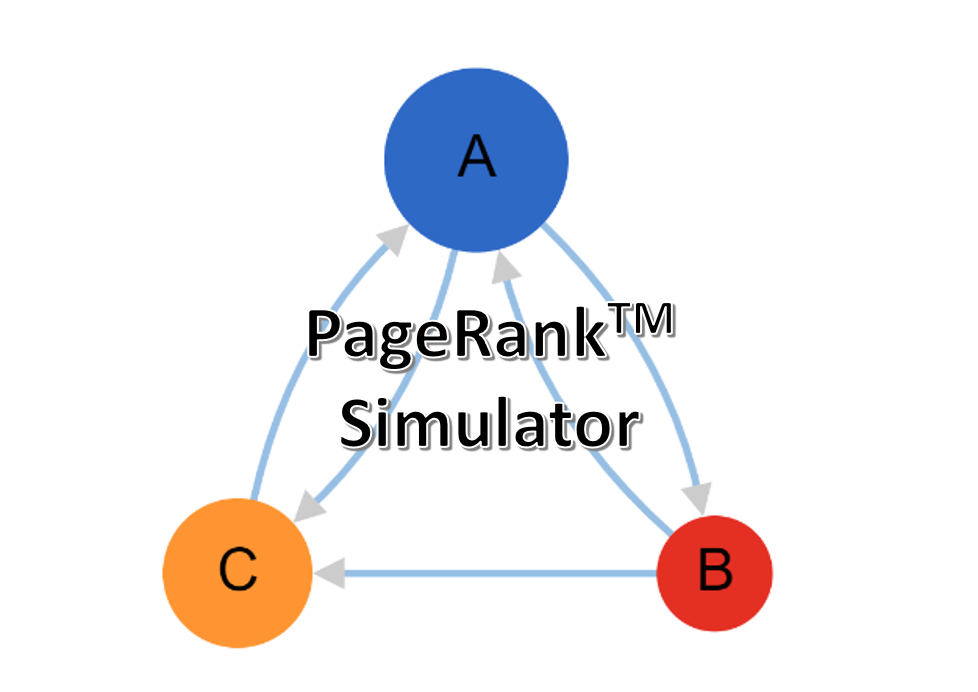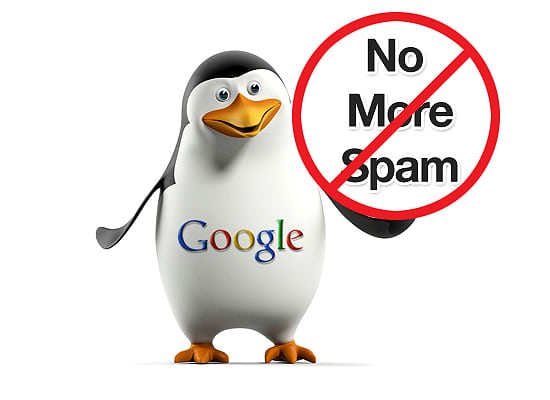Google’s algorithms play a pivotal role in how digital marketing companies in Chandigarh and around the world are helping to rank on search engines. These algorithms analyze several factors, such as quality of content, keyword relevance, user experience, and site speed. The objective is to provide users with the most relevant and high-quality results for their queries. It is important for each & every person who involves in Digital Marketing to know “What are Google Algorithms, and how does it work?” If you are a beginner, then this blog is entirely for you. Be with us, and let’s cover all the major Google Algorithms.

Page Rank
PageRank is an algorithm developed by Larry Page and Sergey Brin, the founders of Google, to determine the importance and relevance of web pages. It plays a crucial role in Internet marketing services by influencing Search Engine Optimization (SEO) strategies. PageRank assigns a numerical value to each webpage, known as a PageRank score, based on the quantity and quality of links pointing to it.

How does the PageRank algorithm work?
The algorithm works on the principle that a webpage’s importance is determined by the number of links it receives from other high-quality websites. A webpage with numerous inbound links is considered more valuable and will receive a higher PageRank score. However, the algorithm also considers the quality and relevance of these inbound links. Links from authoritative and relevant websites carry more weight and positively impact the PageRank score.
PageRank operates through an iterative process. Initially, all web pages are assigned an equal score. Then, the algorithm analyzes the web’s link structure, calculating each page’s importance based on the number and quality of incoming links. This process is repeated multiple times until convergence is reached, ensuring the most accurate PageRank scores.
Internet marketing services leverage PageRank to enhance website visibility and attract more organic traffic.
By understanding the factors that influence PageRank, marketers can focus on generating high-quality backlinks from reputable sources, optimizing content for relevant keywords, and improving the overall user experience on their website. A higher PageRank score increases the likelihood of appearing at the top of search engine results, driving more targeted traffic and improving the effectiveness of internet marketing campaigns.
Google Panda
The Panda Algorithm, an essential Google update, revolutionized digital marketing, significantly affecting how a digital marketing agency operates. Introduced in 2011, its primary purpose is to prioritize high-quality content on the web, demoting low-quality or “thin” content.

The Panda algorithm evaluates websites based on content quality. Its intricacies lie in distinguishing between high and low-quality content, often characterized by unique information, well-researched facts, and engaging writing. How marketing agencies respond to this is crucial for their clients’ online success.
Adapting to Panda means a digital marketing agency must focus on creating robust, meaningful content for its clients. The algorithm favors websites that deliver user value, so you should work towards a content-driven strategy. Keyword stuffing and poor-quality content can lead to penalties, damaging a website’s ranking.
The Panda algorithm has transformed the digital marketing landscape, propelling quality content to the forefront. A successful digital marketing agency today acknowledges this and adapts strategies to align with Google’s emphasis on delivering valuable, user-centric content to secure higher search engine rankings.
Hummingbird Algorithm
The Hummingbird algorithm is a vital component of Google’s search engine that revolutionized how search queries are understood and answered. Launched in 2013, it aimed to improve the accuracy and relevance of search results by focusing on the user’s intent rather than relying solely on individual keywords. This algorithm update was particularly significant for businesses offering internet marketing services, as it emphasized the need for high-quality content and user-centric approaches.
How Does the Hummingbird Algorithm Work?
The Hummingbird algorithm employs various techniques to interpret and deliver relevant search results. Firstly, it considers the context and meaning behind the entire search query, including the relationship between the words used. This contextual understanding enables the algorithm to identify the user’s intent accurately.
Additionally, Hummingbird emphasizes semantic search, which involves analyzing the meaning and concept behind the search terms. This allows the algorithm to provide more relevant results even when the exact keywords aren’t present on a webpage.
For internet marketing services, this means focusing on creating comprehensive and informative content that addresses the user’s underlying needs.Furthermore, the Hummingbird algorithm considers user location and search history to provide personalized results. This personalization enables businesses offering Local marketing services to target specific audiences effectively.
Marketers should prioritize user-centric, informative, and comprehensive content to optimize for the Hummingbird algorithm. Conducting thorough keyword research, understanding user intent, and incorporating semantic search strategies are essential for success.
Google Penguin Algorithm
As the Penguin Algorithm evolves, a Digital Marketing Agency must continuously refine its strategies. Introduced in 2012, Penguin was designed to assess the quality of links pointing to a website. Its primary aim is to penalize websites that engage in manipulative link schemes, keyword stuffing, and other black-hat SEO tactics, which a responsible Online Marketing Agency should avoid.
How Does the Google Penguin Work?
Penguin works by scrutinizing the link profile of a website. If it detects an unnaturally high number of low-quality or irrelevant backlinks, it may lead to a decrease in search rankings. Digital Marketing Agencies should focus on generating high-quality content, and cultivating organic, relevant backlinks is crucial for improving and maintaining search engine rankings. Through its relentless pursuit of weeding out spammy tactics, the Penguin Algorithm upholds the integrity of search results, making it an indispensable factor for Marketing Agencies to consider in their SEO strategies.
Note –
Remember that Google’s algorithms are continually changing and being updated. In addition to optimizing for these algorithms, a good SEO strategy should also consider technical SEO, mobile optimization, local SEO, and user experience.















0 Comments